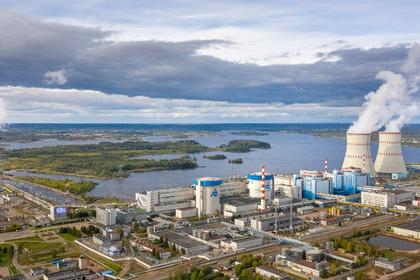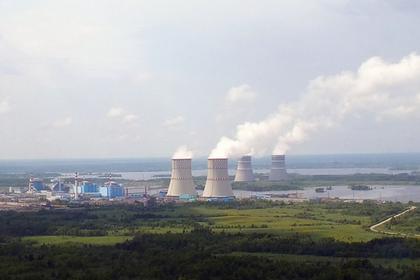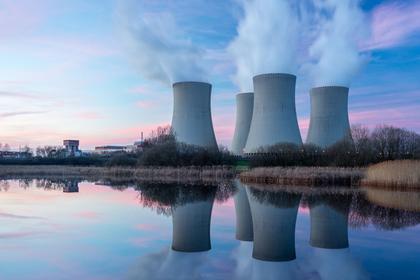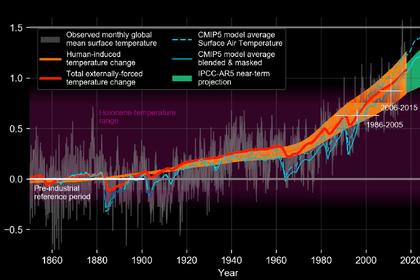
NUCLEAR ARTIFICIAL INTELLIGENCE
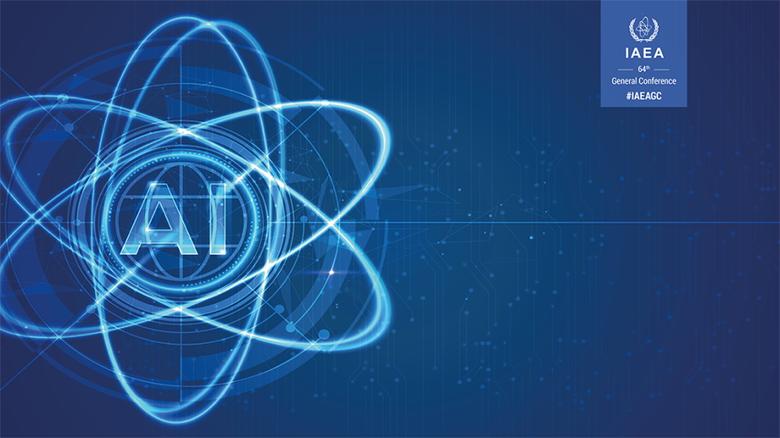
IAEA - NOV 30 2021 - Artificial intelligence (AI) offers enormous potential to accelerate technological development in nuclear fields, from science to energy to medicine, and the sector is making good progress in seizing on those opportunities, according to speakers in webinars organized by the International Telecommunication Union (ITU) in partnership with the IAEA.
AI for Nuclear Energy, held on 24 November and attracting more than 1200 participants, was one the most popular sessions of ITU’s AI for Good Global Summit 2021. It showcased efforts to capitalize on technological advancements in artificial intelligence to enhance the development and deployment of nuclear power, enabling this low-carbon energy source to fulfil its potential in the fight against climate change and meeting the goals of the 2030 Agenda and the Paris Agreement.
“In order to be competitive, as well as integrated into the mix of modern energy systems, nuclear power plants – in addition to being safe, secure and reliable – also need to be economical and efficient,” said Mikhail Chudakov, IAEA Deputy Director General and Head of Department of Nuclear Energy, in his welcome remarks. “AI-based approaches can contribute to these areas.”
Industrial predictive analytics for maintenance, often using digital replicas of the real facilities, is one of several areas where AI is applied. Such AI-enhanced digital twins can provide valuable insights based on data gathered to improve and optimize operations. AI can also help cut operating costs associated with fuel, decommissioning and waste disposal, as well as reduce costs in plant engineering, manufacturing and construction.
Boris Makevnin, CEO of Cifrum Private Enterprise, a subsidiary of Russian state nuclear holding Rosatom, provided an indication of the potential of AI to reduce operational and maintenance costs, telling the webinar participants that an emergency stop of a turbogenerator at a nuclear power plant costs the operator on average €1 million for each day it is out of action.
“If you use predictive maintenance management and predict how your turbogenerator might work in the wrong way, you can do a planned stop earlier, using a shortened repair time,” said Makevnin. “Comparing the cost of maintenance and the cost of repair, the investment in quite a simple machine-learning algorithm is incomparably small, almost a rounding mistake.”
AI can bring significant benefits to nuclear power operations in terms of insights, optimization, prognostic and automation, according to Heather Feldman, Director of Nuclear Innovation at the Electric Power Research Institute (EPRI), a US non-profit conducting R&D related to the generation, delivery and use of electricity.
For example, AI can help increase the efficiency and design of complex procedures and operations, such as outage scheduling, in-core fuel management and fuel cycle parameters, Feldman said. In automation, AI can increase the reliability of tasks normally conducted by staff in high-pressure and demanding situations, mitigating human error and risks to personal safety.
“Anomaly detection, decision making and report analysis are some of the very tangible benefits we have from automation in nuclear power plants today,” Chudakov added.
The nuclear energy industry has been at the forefront of applying AI to its processes and operations, thanks partly to its collaborative, monitoring-heavy and data-driven nature.
“What we have seen is that the nuclear industry is very advanced, there is not one single nuclear customer of Metroscope’s that doesn’t have a monitoring and diagnostic centre,” said Aurelian Schwartz, CEO of Metroscope, an AI company for industrial diagnostics.
Even so, there remains significant untapped potential for AI, and standardization and cooperation are seen as key.
“International collaboration on the development of standards is very important to enable the wide adoption of AI for nuclear energy in an efficient and effective way. We don’t want to reinvent the wheel; we can start from the current standards, for example ISO/IEC’s and ITU’s, and focus on what is unique for nuclear energy,” said Daowei Bi, Director for Department of Digitalization Engineering at Shanghai Nuclear Engineering Research and Design Institute (SNERDI).
Role of AI in nuclear sciences and applications
In the earlier webinar, AI for Atoms, held on 18 November, participants discussed AI’s potential to accelerate technological development in many nuclear fields, ranging from nuclear medicine through water resources management to industry.
AI is used in several stages of fundamental research in nuclear science, which underpins technological discoveries. AI algorithms can predict systems behavior and conduct experiments and are a particularly useful tool to improve the design of scientific instruments and facility operation, explained Michelle Kuchera, Assistant Professor of Physics at Davidson College in the United States. AI-based approaches enable reproducibility of results, improve beam quality, allow increased beamtime and more experiments.
Machine learning is essential for advancing also fusion research, which is driven by huge amounts of data, explained Cristina Rea, Research Scientists at the MIT Plasma Science and Fusion Center in the United States. AI can bridge gaps between theoretical understanding through identification of missing effects using databases and ultimately help experts optimize future fusion facility designs.
Georg Langs, Professor of Machine Learning in Medical Imaging at the Medical University of Vienna, Austria, emphasized how AI-based approaches enable novel diagnosis and associated treatment of diseases while saving costs. “AI not only enables automation but also helps us identify predictive values and particular structures and understand better the fundamental biology of humans.”
AI applications rely on data availability and its quality. The more curated data is available, the easier it is for the algorithms to identify patterns about certain phenomena. This is why international cooperation to obtain, develop, maintain and analyze global data with the help of AI in various nuclear fields is key to accelerating technological development and realizing the full potential of AI, the experts at the webinar concluded.
They also highlighted that collaboration across different disciplines is needed to enhance the use of AI applications in nuclear science and technology. This includes establishing common knowledge-sharing platforms to coordinate and support partnerships between cross-domain researchers for the development of guidelines related to regulation, education and training in AI. These platforms will enable researchers from around the world to share experience, knowledge and good practices.
Speakers also underlined the importance of formulating guidelines on ethical concerns related to the use of AI-based approaches in nuclear science and technology. This aspect is particularly relevant to projects targeting equitable sustainable development.
Ensuring data accessibility and transparency, developing appropriate databases, educating researchers and scientists on the benefits of AI are essential in promoting the use of this technology, speakers said. The IAEA is seeking to enhance the use of current and future AI innovations in nuclear sciences and applications by establishing an AI for Atoms knowledge-sharing platform, as well as by supporting education, training and community building in this area, said Melissa Denecke, Director of the IAEA Division of Physical and Chemical Sciences.
Collaboration between ITU and the IAEA is set to continue.
“We look forward to continuing working together with IAEA to ensure that AI is a positive force that helps us achieve the Sustainable Development Goals,” said Chaesub Lee, Director of the ITU Telecommunication Standardization Bureau, which organized the events.
-----
Earlier:
